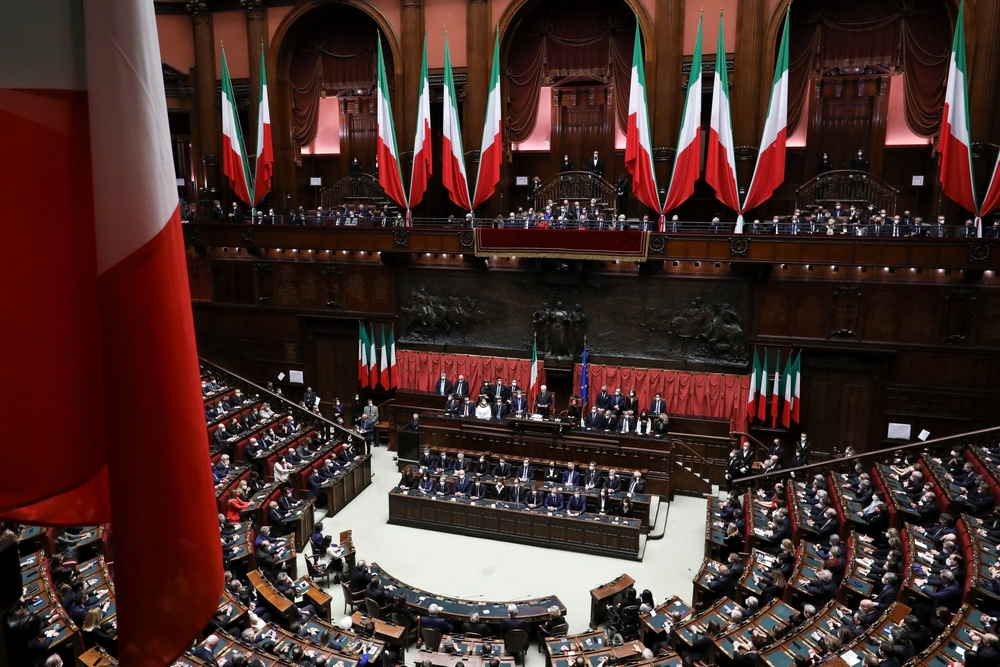Italy’s new fiscal decree, which received approval from the Chamber of Deputies with a vote of 151 in favor, 111 against, and 4 abstentions, has officially become law. The decree encompasses a range of significant measures, including the deferral of tax payments for the self-employed, an increase in funding for political parties via the 2xmille scheme, and new resources for the “Transizione 4.0” initiative. It also reopens the terms for a preventive concordato and expands eligibility for the “Bonus Natale,” initially detailed in a separate decree. This law highlights ongoing political tensions within the center-right coalition, notably with Forza Italia opposing a League amendment regarding a reduction of the Rai fee to €70.
One of the notable changes includes an extension of the Bonus Natale, now available to employees earning up to €28,000, regardless of marital status, as long as they have at least one dependent child. This adjustment raises the potential number of beneficiaries to approximately 4.5 million, a significant increase compared to the previous year. Additionally, the terms for a preventive concordato for freelancers have been reopened, allowing until December 12 for individuals to enter into agreements with the tax authorities.
The fiscal decree also allocates an additional €4.69 billion for the “Transizione 4.0” tax credit, while increasing funding for political parties by €4.69 million, bringing the total to €29.79 million for this year. Furthermore, the deadline for the second installment of direct tax payments for self-employed individuals with revenues below €170,000 has been postponed to January 16, 2024, with the option to pay in five installments. Other provisions include additional funds for military overtime, shortened waiting lists in healthcare, and financial support for regions affected by the invasive blue crab crisis.

